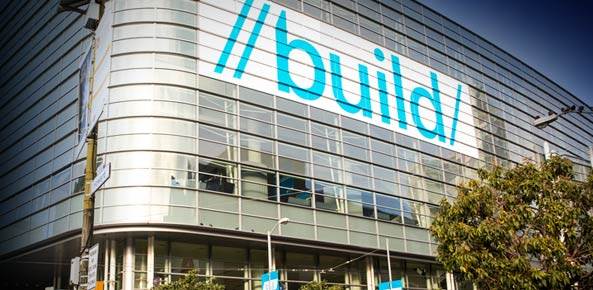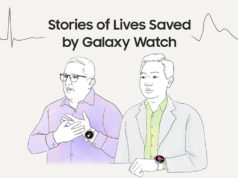The second day of Microsoft’s Build developer conference in San Francisco kicked off today with a big-picture look at the company’s capabilities and latest advances in cloud computing. As part of that, Microsoft introduced several new features for its Azure cloud platform, including added support for developers working on Internet of Things (IoT) applications.
Microsoft also revealed that it would be making the Xamarin mobile app development platform — a pending acquisition announced last month — available for free in all versions of its Visual Studio development environment. Additionally, the company made its Azure Service Fabric microservices application platform generally available to developers.
At the conference, carmaker BMW unveiled BMW Connected, a digital “personal travel assistant” powered by Microsoft’s Azure-based Open Mobility Cloud. More than an app, BMW Connected is “an experience on top of an intelligent platform that can learn about your driving habits,” according to Thom Brenner, vice president of digital life at the BMW Group.
‘Tremendous Adoption of Azure’
Scott Guthrie, executive vice president of Microsoft’s Cloud and Enterprise group, began this morning’s Build keynote with an overview of the rapid recent growth of the company’s Azure cloud platform. Launched in early 2010, the platform now manages more than 1 million servers at a total of 30 locations around the globe, “more than Google and AWS [Amazon Web Services] combined,” Guthrie said.
“We’re seeing tremendous adoption of Azure right now,” he told the audience, noting that more than 4 million developers currently access Visual Studio services through the cloud platform. Azure also processes more than 2 trillion IoT messages every week, he added.
By making Xamarin available to all Visual Studio developers on Azure at no extra cost, Microsoft “made targeting every device and platform a lot easier,” Guthrie said today on the Microsoft blog. The addition of Xamarin’s cross-platform development tools is likely to receive a warm welcome from developers who previously had to pay as much as $ 1,899 per year for the enterprise version of Xamarin with Visual Studio integration.
Adding Real-Time Data for IoT, Mobility Apps
Cross-platform development, however, is just one part of the next-generation app development puzzle, Guthrie said. That’s why Microsoft also took the wraps off several other offerings designed to help developers build more intelligent and predictive apps for the growing Internet of Things.
The new Azure Functions, for example, unveiled as a preview, will help developers better manage on-demand and event-driven tasks for mobile, big data, Web and IoT applications, according to Guthrie. And new Azure IoT Starter Kits will enable anyone with Windows or Linux experience, including students and hobbyists, to quickly and inexpensively build prototypes for the Internet of Things, he said.
BMW Connected, meanwhile, is launching as part of the car company’s vision for the future of mobility. “We are building this platform as a foundation for our future services and experiences . . . and Microsoft Azure and Azure services gave us the right tools,” BMW’s Brenner said in a Microsoft blog post.
The BMW platform will help motorists with “journey management” by capturing data from a variety of sources, according to the company. It will be able to check traffic conditions in real time and — eventually — locate available parking spaces, manage the charging of electric vehicles and remotely turn on lights and other appliances as drivers on the road get closer to their homes.
Image Credit: Microsoft.







